Last Updated on September 22, 2021

The Arrow
interviews Jonathan Liebesman
On a
rare moon, I interview somebody and it becomes more than just
“interviewer” and “interviewee” talking…it becomes about two
people shooting the shit. That’s exactly what happened when I sat
down with Jonathan Liebesman, the director of the upcoming fear
flick “Darkness Falls” (also known as Don’t Peek
and The Toothfairy).
As you will see, this interview just wound up being about two guys
talking shop and for me, that made it one of the more memorable
sit-downs that I’ve had in some time. Read on…
(Note: This
interview took place in August 2002)
Jonathan: I
read your review of “Signs” a
couple of days ago…it was very good.
Arrow: Thanks,
dude! Have you seen it yet?
Jonathan: No, I’m gonna see it on Saturday, if it’s not sold out.
Arrow: Go during the
day.
Jonathan: Yeah, I’m planning to.
Arrow: So I saw
the trailer for Darkness Falls and it looked kick ass.
Jonathan: Thank you.
Arrow: You’re
going for “old school” and I appreciate that being that I’m a big
horror fan myself. What rating are you guys aiming for with the film?
Jonathan: I have no rating in my
mind, I’m just trying to keep it as fucking scary as possible. I
don’t know what they’re going to make me cut out though.
Arrow: From the
script as it is right now…is it an R?
Jonathan: Yeah, it seems that way.
Arrow: Did you
write the screenplay?
Jonathan: No, I did not. John Pasano
wrote the screenplay (he’s also the producer).
Arrow: What was it
about the screenplay that made you want to direct it?
Jonathan: I think for a first time
director, when you want to sort of experiment visually, a horror film
gives you the most potential to know what works visually. I
think that the base of filmmaking is visual and with horror movies
you get away with being visual and you also get to make another
movie because hopefully, it gets to make some dough. That’s what got me
in, it was a film about darkness, light and dark– which is great to
play with visually and it’s also about a guy who sees something and
isn’t sure if he saw it or not.
Arrow: So it’s
ambiguous.
Jonathan: Which I like a lot.
Arrow: Do you play
that card a lot throughout the film?
Jonathan: We do, but I don’t know how
much of that will remain, it’s being tested for audiences right now and if
they’re confused, we’ll probably have to make things a little
clearer up front which may work better for the movie. I don’t know,
being my first film…I go with what I feel but I don’t know how
it’s
going to come across.
Arrow: Do you feel
that you worked so hard on it, that you’re too close and don’t see
it anymore.
Jonathan: Yeah…there’s one day when
we needed more money for a few more days of shooting and they wanted
to send back this one scene and I was like “please don’t fucking send
in that scene, it’s a fucking piece of garbage, don’t send it back”
but that’s the one they sent in anyway. The studio wound up really liking it
and it’s one of the more frightening scenes in the movie. I see that
now, but I was way too close at the time. I know what I was going for, but I don’t
know how much I pulled off.
Arrow: In a
perfect world, you’d get the time to step back from it a bit and come
back to it fresh.
Jonathan: And I wish I could man,
when you want to make films, you want to be able to take that
step back while you’re doing it cause you wanna be able to make a
better movie. I don’t know what the fuck is cheesy anymore, I don’t
know what the fuck…
Arrow:
You’re just trying to make a movie…
Jonathan: Right, it’s so stressful.
I think that most filmmakers are real movie fans too and we have the same
fucking complaints about movies. In my mind, I think this movie can
win awards, it’s going to be the best thing ever, but then you have
studios and other constraints that happen. The best way to make a
good movie is to be able to take that step back and see everyone’s
input but unfortunately the nature of directing, at least with this
film, is that you can’t take that step back…you always have to be
involved.
Arrow: With that
deadline looming over your head…
Jonathan: Exactly. And you have all
this input coming in and you’re like…shit, shit, shit.
Arrow: How has the
studio been with ya?
Jonathan: Very supportive, but at the
same time, the studio is obviously going to be a little nervous
about a first-time director. They’ve helped me out when I
needed it, sometimes they’d come up with comments and I’d be like
“Oh God, what are they doing to the film?” but that’s when you try to take the time to step back and see their point
and say “okay, maybe it’s not working and maybe the audience is going to be bored” and you
try it out. For my first film, I think I’m kind of seeing what works,
I know what I want to do and I’m seeing how I can accomplish that.
Arrow: Have you
screened it for an audience yet?
Jonathan: We had one little
screening for an audience.
Arrow: How did it
go?
Jonathan: I thought it went well because nobody walked out.
Arrow:
That’s always a good thing.
Jonathan: That was my first
experience. Now I don’t know, I’m not in the studio’s head but I
think that if they put in enough ingredients, they’ll get what they
want out of it. I think that’s what they see…I hope…fuck I gotta
tell ya…I’m just sitting here trying to guide the ship while it
gets hit by a lot of stuff.
Arrow: So now, the
movie works without the Stan Winston effects. It could work without
them.
Jonathan: It’s scary without them but
I think this audience needs a bit more. In a movie like this, I think
you need the creature to be a star too, to keep the movie going so
you’re gonna have to show it.
Arrow: But then
you have movies like “The Blair Witch Project”
that didn’t show anything
and were quite effective.
Jonathan: That’s very true too.
Arrow: I think
that sometimes the studios underestimate their audiences.
Jonathan: I totally believe that too,
so what I tried to do with this film is to hold back as much as
possible to keep it ambiguous for the first half where you’re not sure
and you don’t see…it’s all shadow play: was that a shadow, was it in
his head, what the fuck are we looking at?
Arrow:
Jonathan: Just keep it really
ambiguous where you’re afraid because you don’t know if this guy is
going to kill someone or if there’s something really there. And
then, when you see it, we were going for something like the first part
of “Alien”
where you see pieces of the creature and you don’t quite
know what the pieces make and that’s kind of scary too, so you don’t
know what the big things are. So what I tried to do was to hold back
to eventually give the audience a payoff at the end. In the trailer,
you see a whole lot of stuff at the end and I have no control on
what they want to show people, but we’re trying to keep things tense
and unknown, knowing that once you demystify a monster by showing
it…
Arrow: It stops
being scary.
Jonathan: Right. And the audience is
inevitably let down. So I’m trying to hold back as much as possible.
Arrow: One last
quick question…when do you think the film will be released?
Jonathan: January 31, 2003.
Arrow: Well…good
luck bro!
Jonathan: Thank you, John.
Arrow: No problem.

I’d like to thank Jonathan for taking the
time to talk so honestly with me. Let’s all hope that
the studio didn’t ruin “Darkness Falls”. The trailer made it
look subtle, creepy and “old school”. And Jonathan, if ever you’re in
the Montreal, Canada area…give me a holler because the drinks and
the loose women are on me!




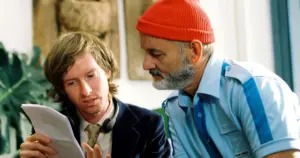
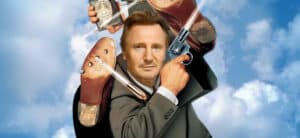
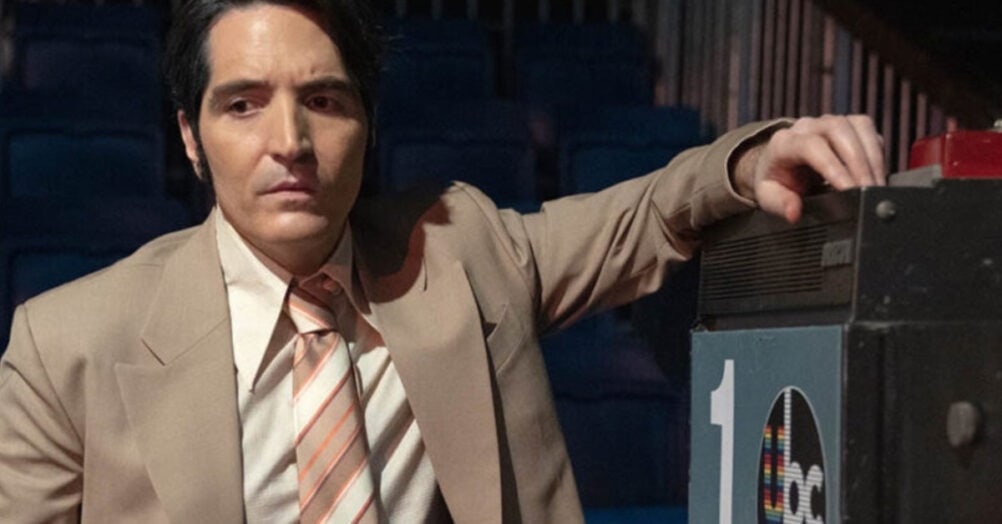
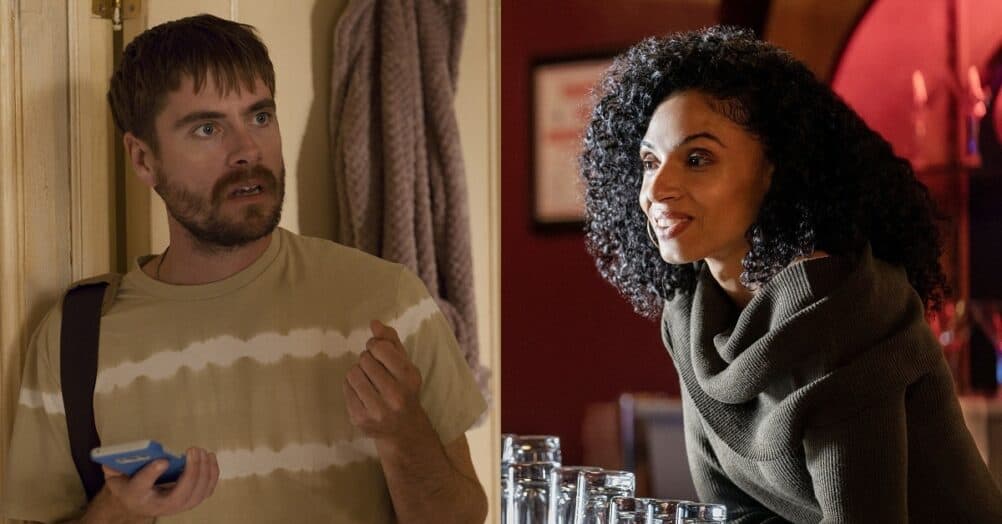
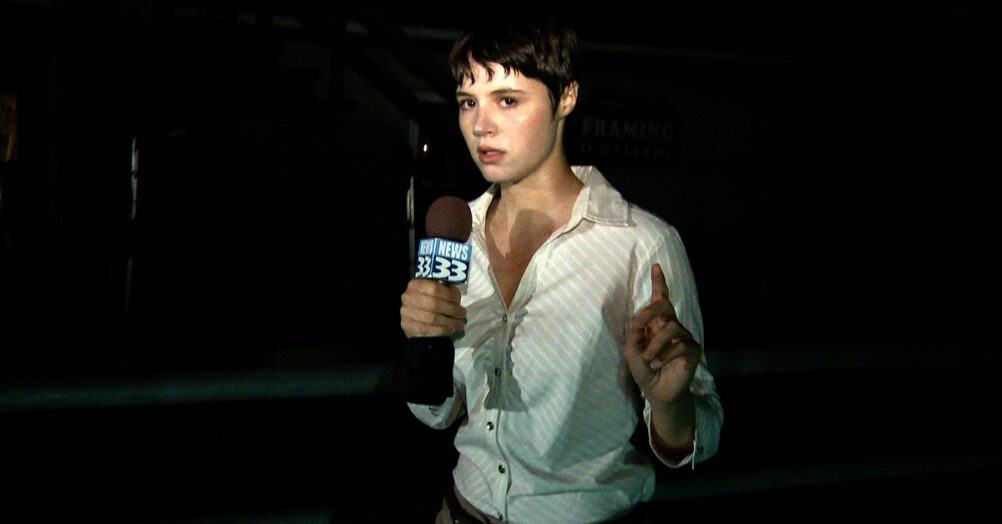
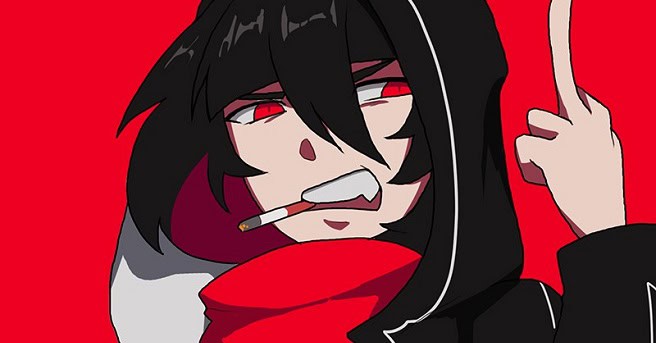
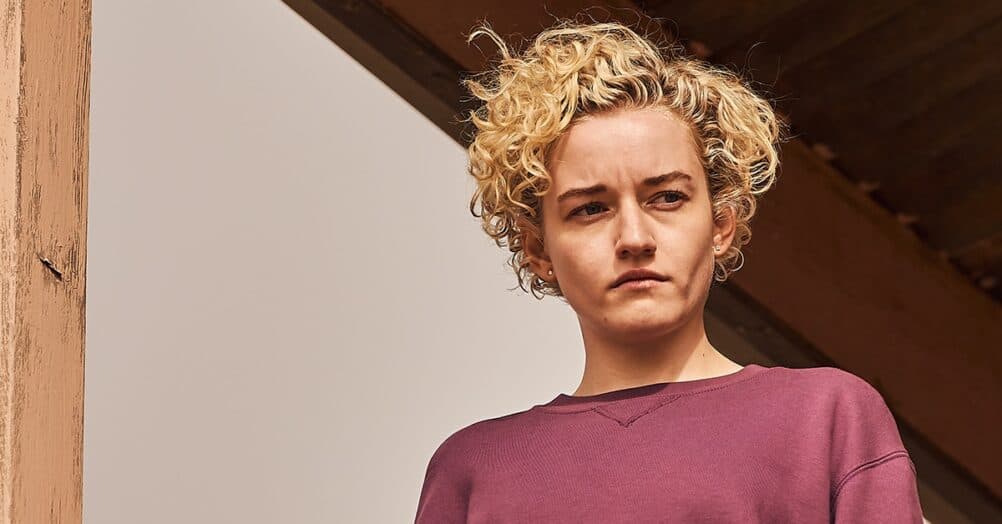

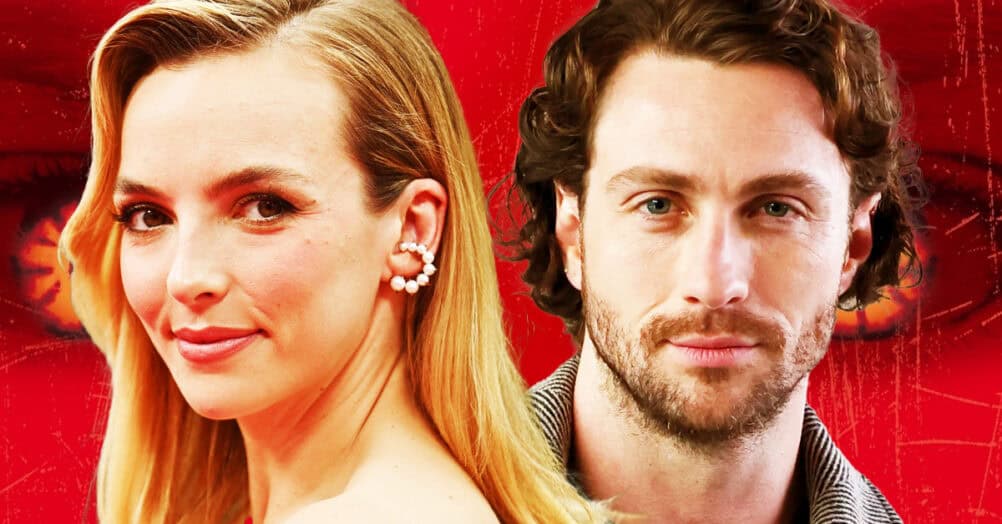
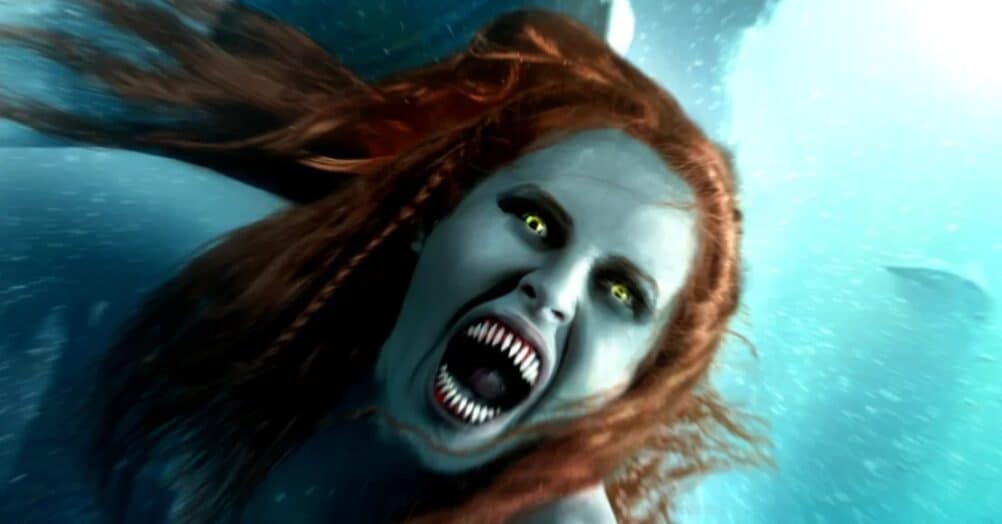
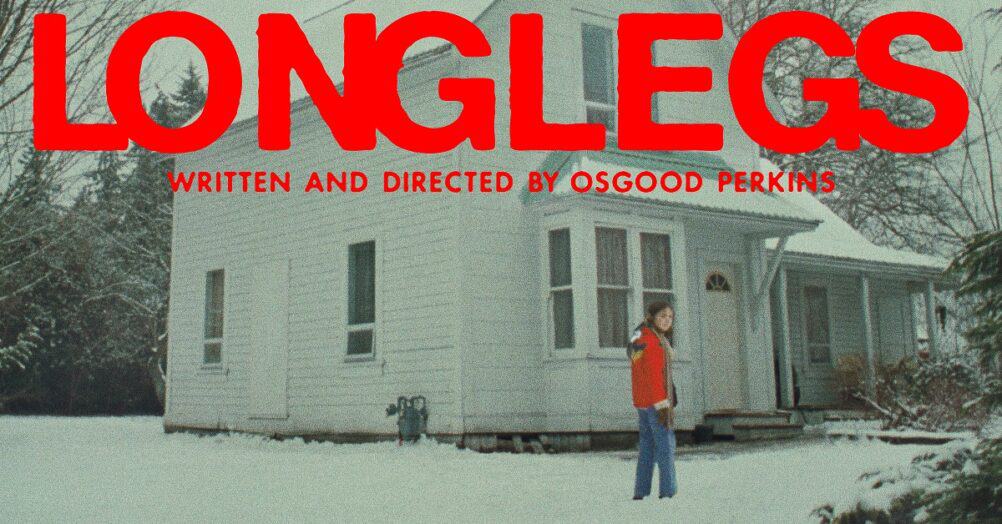
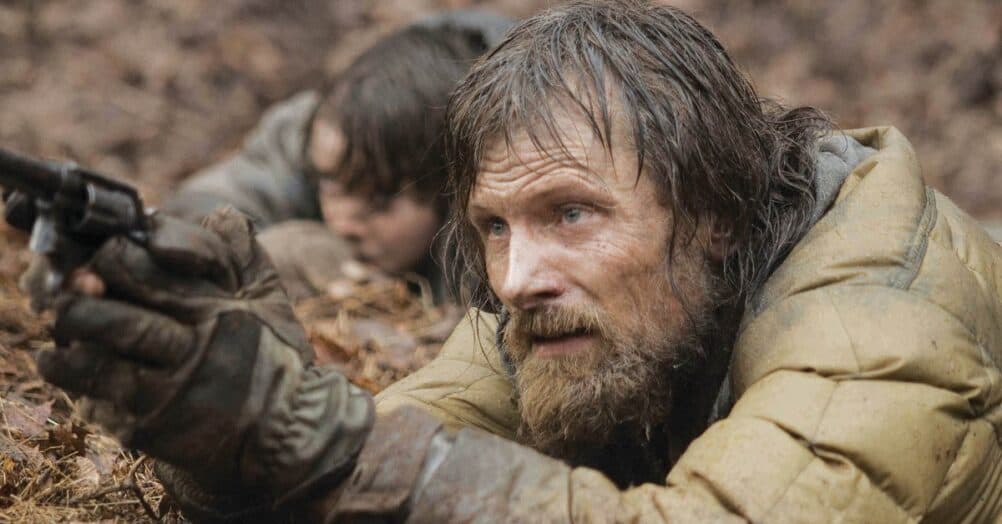
Follow the JOBLO MOVIE NETWORK
Follow us on YOUTUBE
Follow ARROW IN THE HEAD
Follow AITH on YOUTUBE